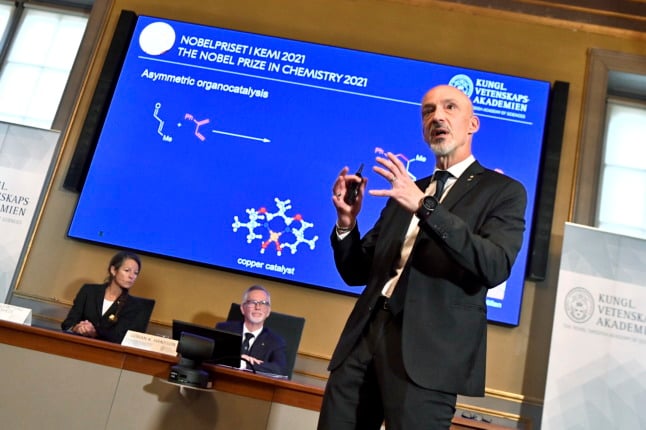The study, by researchers at the University of Geneva, included 12 male volunteers who were not habitual nappers but who agreed to try an afternoon snooze on both a stationary bed and a rocking bed while machines scanned their brains, eye and muscle movements.
Women were excluded from the study because the menstrual cycle can have an effect on electroencephalogram (EEG) monitoring, the researchers said.
Two of the 12 men had to be left out of the final analysis because one had a malfunctioning EEG and one experienced too much anxiety to fall asleep on the day he was assigned to the stationary bed.
But the remaining 10 subjects fell asleep faster in the rocking bed than they did in the still one and the quality of their 45-minute nap was deeper, said the findings published in the journal Current Biology.
“We observed a faster transition to sleep in each and every subject in the swinging condition, a result that supports the intuitive notion of facilitation of sleep associated with this procedure,” said Michel Muhlethaler of the University of Geneva.
“Surprisingly, we also observed a dramatic boosting of certain types of sleep-related (brain wave) oscillations.”
A midway sleep stage known as N2, which includes no rapid eye movements and usually makes up about half of a sound period of sleep, was observed to be longer in the hammock-type bed.
“The rocking bed also had a lasting effect on brain activity, increasing slow oscillations and bursts of activity known as sleep spindles. Those effects are consistent with a more synchronized neural activity characteristic of deeper sleep,” said the study.
Researchers hope to examine whether the hammock effect would be similar in longer stretches of sleep, and would like to find out if it can be harnessed to help people who suffer from insomnia.


 Please whitelist us to continue reading.
Please whitelist us to continue reading.